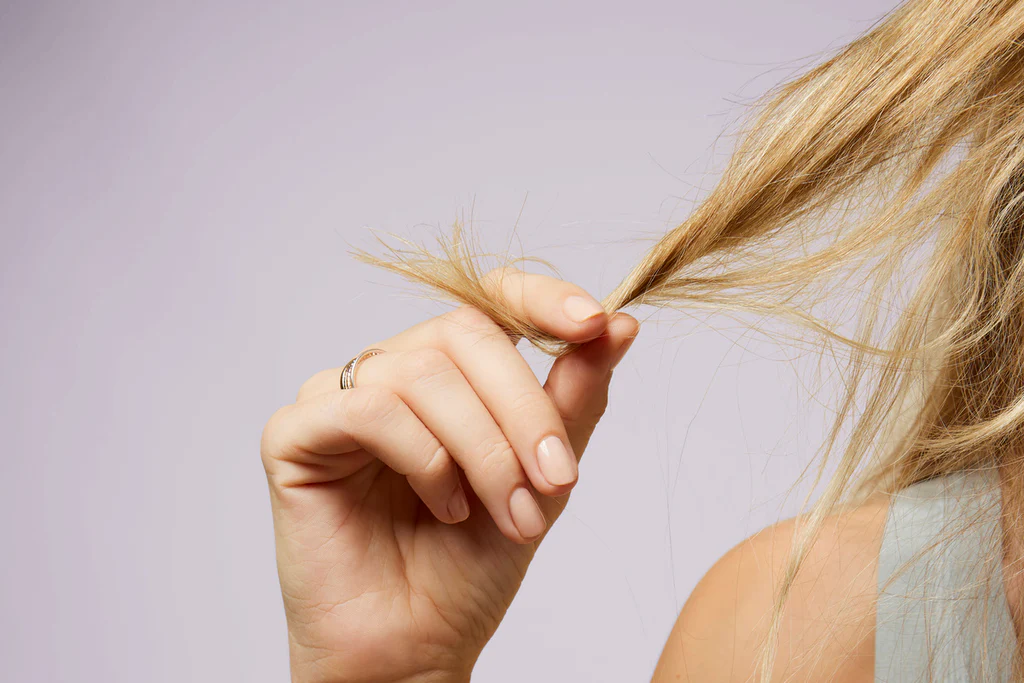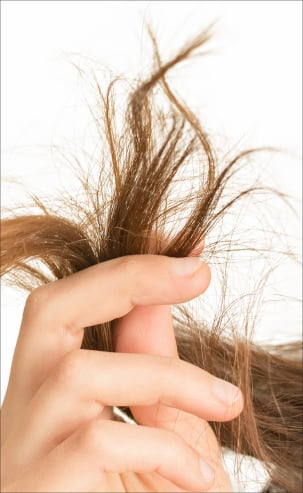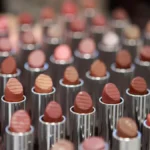Reasons Your Hair Isn’t Growing—and 10 Ways to Encourage Faster Growth

Reasons Your Hair Isn’t Growing—and 10 Ways to Encourage Faster Growth
Every head of hair has its own growth cycle, but if you’ve been feeling stuck in a bad hair day rut, it might be time to troubleshoot what’s really happening at the roots. From genetics to daily habits, several factors can slow—or even stall—your hair growth. The good news? Many causes are within your control, and with a few targeted tweaks, you can help your locks reach their healthiest, longest potential.
Why Your Hair Might Not Be Growing

- Genetics & Natural Growth Cycles
Everyone’s hair grows at a slightly different rate—on average about half an inch per month. Your genes largely determine your hair’s maximum length and how quickly it cycles from growth (anagen) to rest (telogen). - Nutritional Deficiencies
Insufficient protein, iron, zinc, biotin, or vitamins A, C, D, and E can weaken hair follicles and stall growth. A diet lacking these essentials can lead to brittle, slow-growing strands. - Excessive Heat or Chemical Damage
Frequent blow-drying, straightening, bleaching, or perming can weaken the hair shaft, causing breakage that masks any new growth at the scalp. - Tight Hairstyles & Mechanical Stress
Daily ponytails, braids, or cornrows can create constant tension, leading to traction alopecia and slower regrowth in stressed areas. - Hormonal Imbalances
Thyroid disorders, polycystic ovary syndrome (PCOS), menopause, and other hormonal shifts can disrupt the hair cycle, pushing more follicles into the resting phase. - Scalp Issues
Conditions like dandruff, psoriasis, or chronic inflammation can suffocate follicles, limiting nutrient and oxygen delivery. - Stress & Poor Sleep
Chronic stress elevates cortisol, which can trigger telogen effluvium—mass shedding—and push follicles into dormancy. Inadequate sleep impairs the body’s repair processes, including hair regeneration. - Medication Side Effects
Some medications—such as certain blood thinners, antidepressants, and chemotherapy agents—can slow hair growth or cause shedding.
10 Ways to Encourage Faster, Healthier Hair Growth

- Optimize Your Diet
Focus on lean proteins (chicken, fish, legumes), iron-rich greens (spinach, kale), and healthy fats (avocado, nuts, olive oil). Consider a biotin or multivitamin supplement if you suspect a deficiency (after consulting your doctor). - Be Gentle When Brushing
Use a wide-tooth comb or a soft-bristle brush, and detangle from the ends upward. Wet hair is most fragile—avoid tugging to prevent breakage. - Limit Heat & Chemical Treatments
Give your hair a break from frequent coloring, bleaching, or hot-tool styling. When you do heat-style, always apply a heat protectant spray and use the lowest effective temperature. - Adopt Scalp Massage
Spending just 5 minutes a day massaging your scalp with fingertips increases blood flow to hair follicles, promoting nutrient delivery and stimulating the anagen phase. - Keep Your Scalp Healthy
Choose a gentle, sulfate-free shampoo and use a clarifying wash once a month to remove product buildup. If you have dandruff or psoriasis, consider a medicated shampoo or seek a trichologist’s advice. - Trim Regularly
While trimming doesn’t speed up follicle activity, snipping split ends every 8–12 weeks prevents breakage from traveling up the shaft, helping your hair look longer and thicker. - Switch to Silk or Satin Pillowcases
These smoother fabrics reduce friction at night, minimizing tangles and breakage compared to cotton. - Manage Stress & Prioritize Sleep
Practice relaxation techniques like meditation, deep breathing exercises, or yoga. Aim for 7–9 hours of quality sleep to support cellular repair—including hair follicles. - Consider Topical Growth Stimulators
Products containing minoxidil, peptides, or botanical oils (rosemary, peppermint) have been shown to boost circulation and follicle health. Always patch-test new treatments and follow label directions. - Stay Hydrated & Exercise Regularly
Good circulation depends on adequate hydration and cardiovascular health. Drinking enough water and engaging in 30 minutes of moderate exercise most days helps deliver nutrients where they’re needed.
Final Thoughts
Patience is key—hair grows slowly, and visible progress can take weeks to months. By addressing underlying causes (like nutrition and scalp health) and adopting consistent, hair-friendly habits, you’ll create an ideal environment for your hair to thrive. Remember, every strand counts: the stronger and healthier each individual hair is, the sooner you’ll see the long, luscious locks you’re aiming for.









